
A villager walks in a paddy field cracked due to drought in Neijiang, Sichuan province, on Wednesday. (HUANG ZHENGHUA/FOR CHINA DAILY)
New sources, fertilizer, cloud seeding all in play to mitigate impact of drought
As a monthlong heat wave and drought wilt crops in southern China, agronomist Xia Liming is focused on finding alternative ways of irrigation in Changsha, Hunan province, in order to save harvests.
"We have been striving to find new water sources to irrigate thirsty crops," said Xia, an official at the agriculture and rural affairs department in Changsha.
Water for irrigation is going to be key in saving rice fields in Hunan, a major rice-producing area in the country, he said.
Xia's team recently discovered a water source of about 2 million cubic meters in Yuelu district in an abandoned mineshaft. On Wednesday, water from the mine, after passing relevant tests, was pumped to farms in the district.
"A few days earlier, farmers in Quanhong village told me that the prolonged drought led to wilted rice seedlings that will die without rain," Xia said, adding that the new water source would alleviate the disaster.
Many agricultural experts like Xia are fighting to find new water sources in the fields of drought-stricken areas, after the heat wave and drought became the biggest threat to China's autumn grain harvest, according to the Ministry of Agriculture and Rural Affairs.
The rice and summer maize in some areas in southern parts of China have been damaged by the disaster conditions, the agriculture authority said, calling for targeted relief measures to reduce grain loss and ensure the autumn harvest, which accounts for 75 percent of the country's annual grain output.
As of Aug 16, 1.17 million hectares of farmland in six provinces and municipalities in the Yangtze River Basin, including Sichuan province and the municipality of Chongqing, had been hit by drought, according to the Ministry of Emergency Management.
Four government departments released a circular on Tuesday, urging intensified efforts to protect crops and reduce farmers' losses.
Water resource departments have called for the guarantee of water for irrigation at such a crucial time for crop growth, while meteorological departments have dispatched aircraft to help spray fertilizer in drought-stricken areas and equipment to carry out cloud seeding.
Targeted measures to counter drought and heat are expected to be taken based on different irrigation and crop conditions, the circular said.
The current heading and flowering of rice in southern China is at a crucial time for total production. Measures such as reducing the temperature of the ear layer by deep irrigation, and spraying foliar fertilizer to increase the plant's resistance to heat, should be implemented to prevent pollen abortion, Xia said.
Tao Zhiqiang, an assistant researcher with the Institute of Crop Sciences at the Chinese Academy of Agricultural Sciences, said using drones to spray fertilizers and pesticides on maize fields after 6 pm could prevent plant diseases and boost growth.
Fields in water-scarce areas that can only be irrigated by rainfall have to rely on water transferred from wells and artificial precipitation, the circular said.
On Aug 17, cloud seeding was carried out in Wuhan, Hubei province, with four rockets filled with catalysts fired into the clouds.
Ten minutes later, rain fell onto farmland and within half an hour, the rainfall on a large agricultural production area reached 32.4 millimeters, according to the local authority.
Farmers are suggested to switch to sweet potatoes or coarse cereals on fields that have encountered complete harvest failure and buy agriculture insurance to cover the grain loss, experts said.
Though production in the Yangtze River Basin is under severe threat, the overall autumn grain harvest in China will not be severely affected, according to Li Guoxiang, a researcher at the Rural Development Institute of the Chinese Academy of Social Sciences.
But the droughts have revealed shortcomings in the nation's response to agricultural disasters.
In the past, the Yangtze River Basin was relatively rich in precipitation, so agricultural irrigation mainly relied on surface water and little attention was paid to motor-operated wells, Li told China Newsweek.









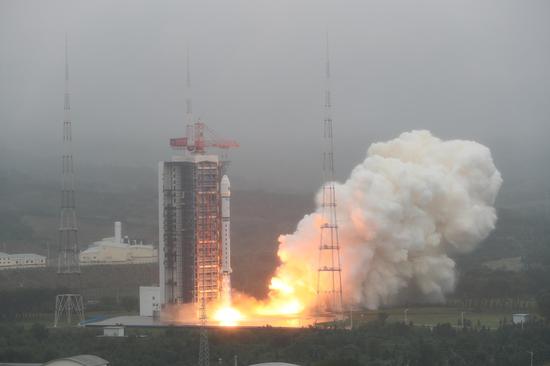



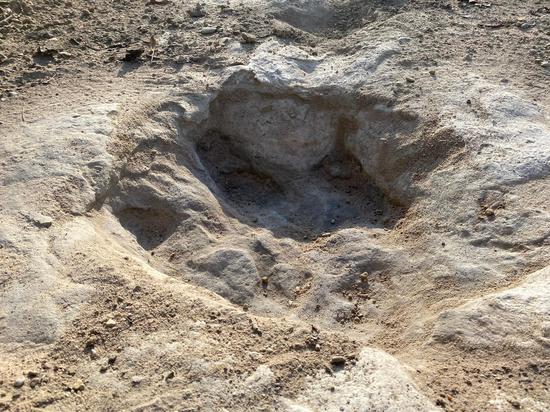


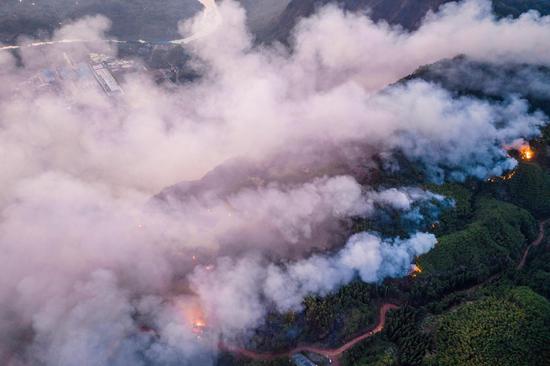
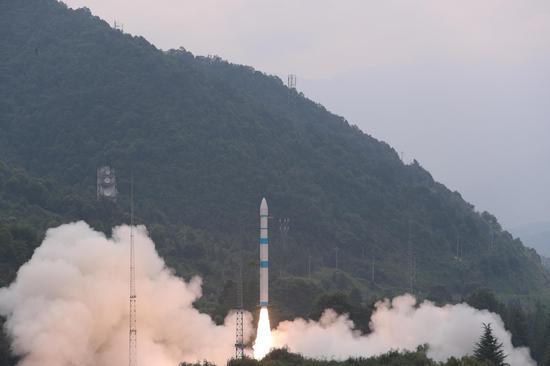
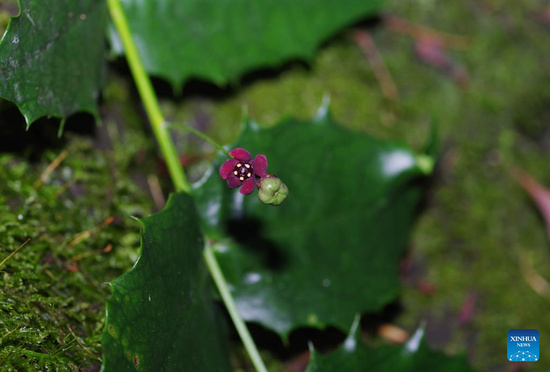


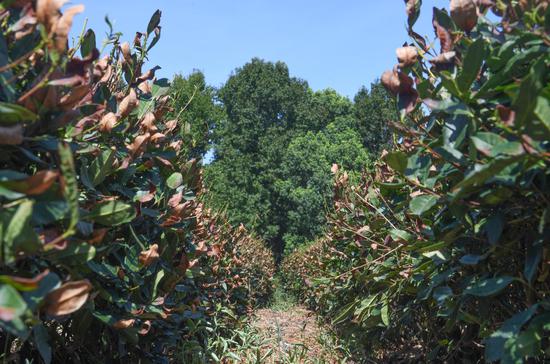


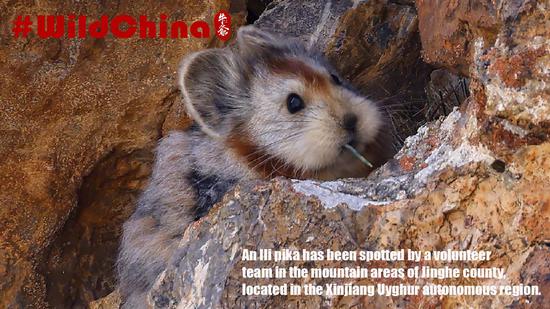





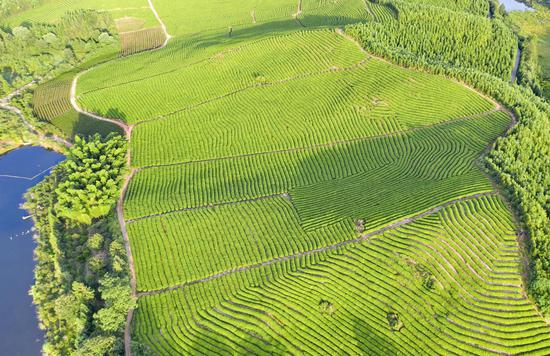

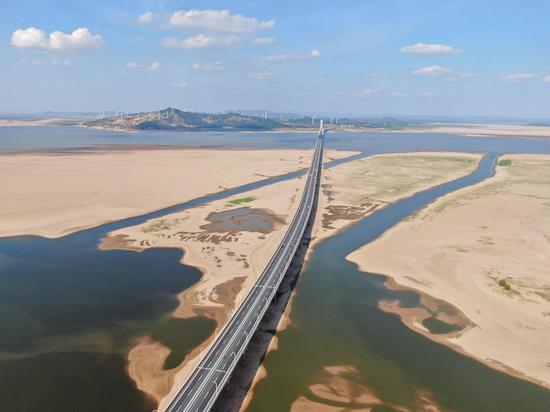

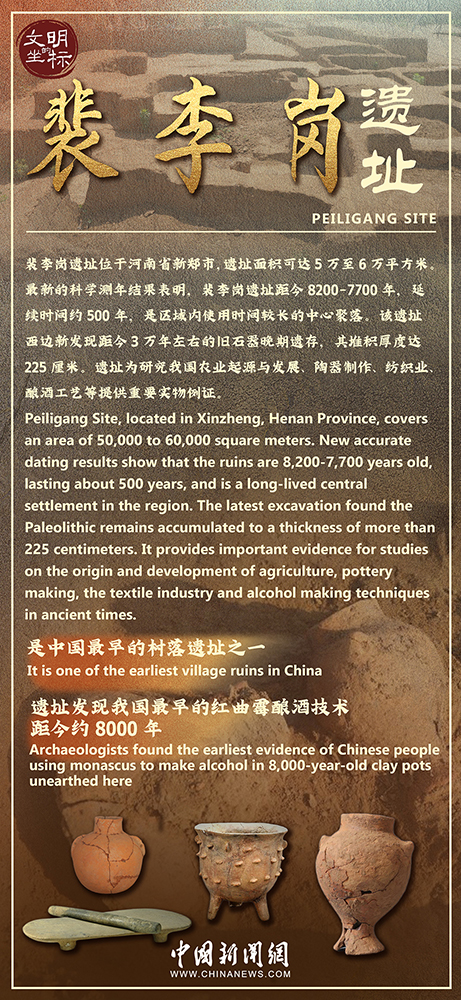








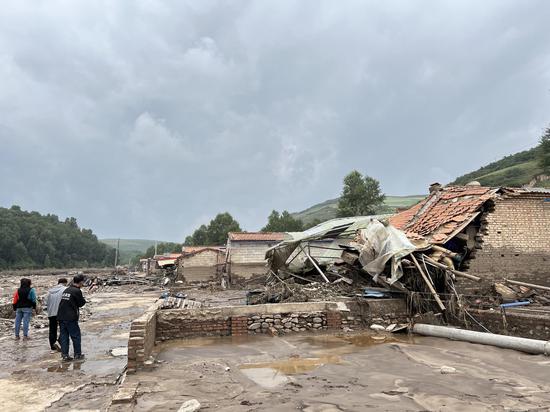






 京公网安备 11010202009201号
京公网安备 11010202009201号